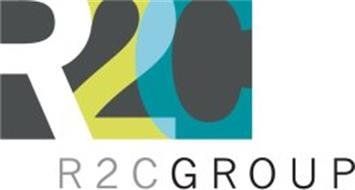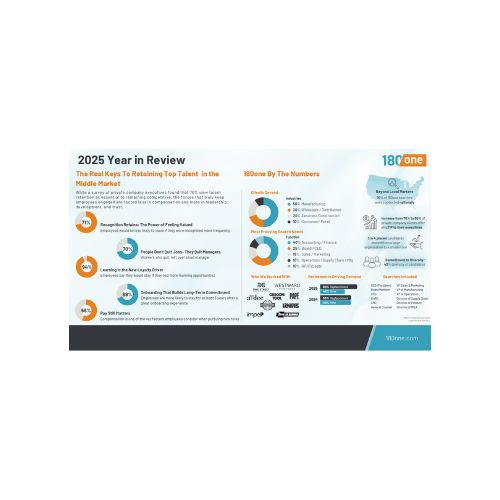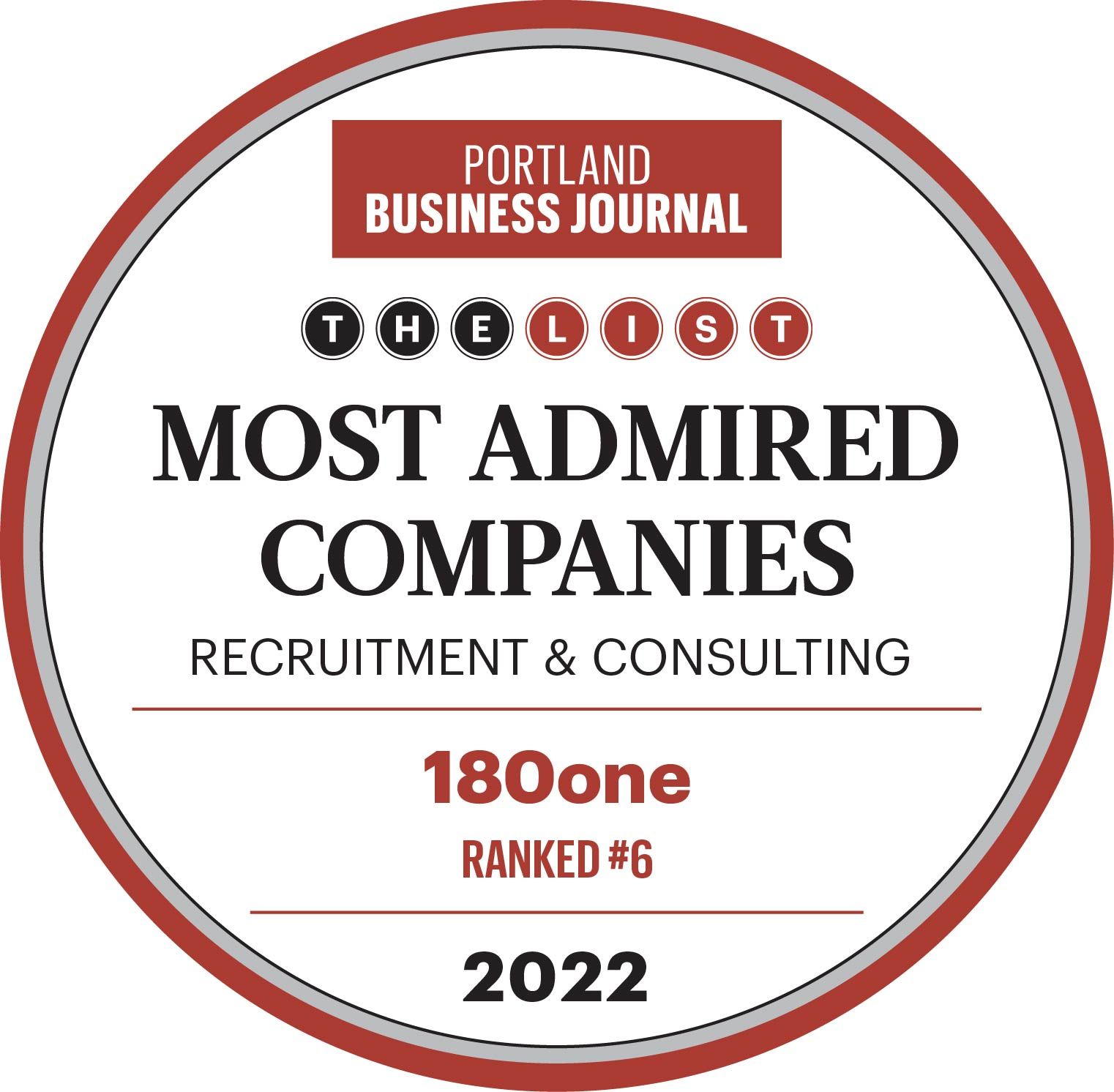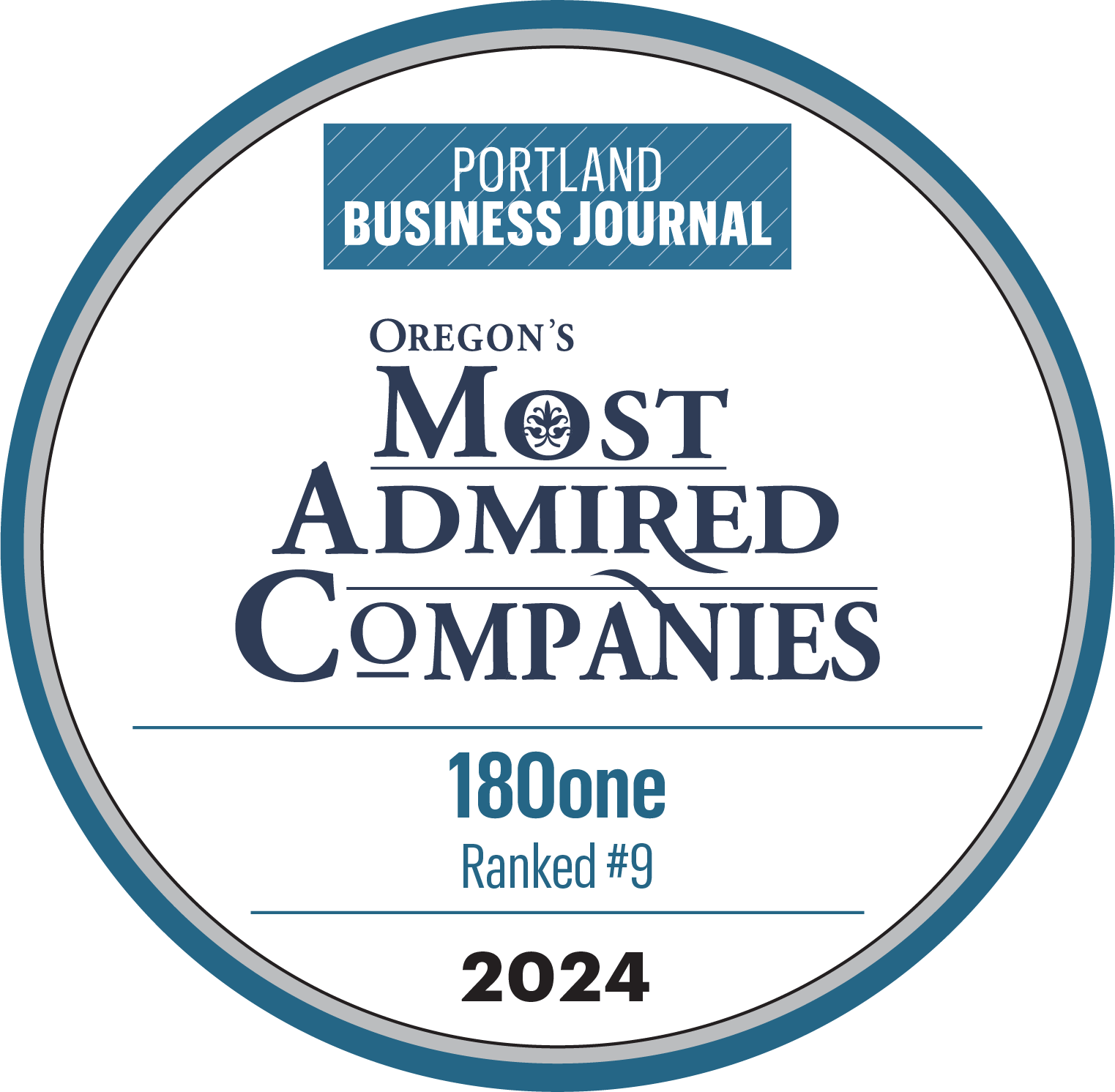By Effie Zimmerman
•
February 17, 2026
Sales Leader ABOUT THE COMPANY Organically Grown Company (“OGC” or the “Company”) is a leading organic produce distributor in the Pacific Northwest, committed to connecting growers, retailers, and consumers through a transparent, sustainable supply chain. As a mission-driven organization, OGC has built its reputation on deep grower partnerships, operational excellence, and an unwavering commitment to organic integrity. The Sales Leader will play a critical role in driving revenue growth, strengthening customer relationships, and leading a high-performing sales organization aligned with OGC’s values, strategic priorities, and long-term vision. ABOUT THE POSITION Reporting to the VP of Sales & Sourcing, this Sales Leader is responsible for and focused on ensuring the highest service levels for our customers. They are focused on leadership of the sales team, ensuring development, performance, morale, and retention. They provide primary leadership over product, pricing, actionable analytics, and promotions as main strategies to manage inventory and drive sales and profit. DUTIES & RESPONSIBILITIES Leading & Supervisory: Promote the development of flexible, adaptive, and innovative processes for use in new business growth by supporting and enabling an effective and efficient team approach. Provide leadership of the day-to-day operations of the sales department, while maintaining focus on the Company’s strategic goals. Promote safety, development, training, and evaluation of all sales team members. Collaborate organization-wide to support or lead projects and initiatives, facilitate process change, manage organizational change, and ensure success. Ensure proactive and effective collaboration and communication with all other departments for greater efficiency in support of service goals. Ensure proper levels of people growth and succession planning are in place and actively updated and refreshed. Foster a culture of belonging where people feel engaged and inspired. Support OGC sustainability goals and actively work to reduce environmental impact. Nurture, support, and promote the Company Mission, Values & Vision, and Brand. Exemplify OGC values: Cultivate Connection, Win on Service, Build Trust, and Move with Intention. Sales & Service: Develop and implement sales strategies, using analytics to set sales targets and provide guidance on associated sales actions, and forecast sales volume for both existing and new products. Develop and maintain a historical perspective on the marketplace to analyze and predict future trends and needs. Maintain familiarity with competitors’ products and services. Recommend changes in products, services, and sales policies by evaluating results and competitive developments. Stay current with new products and services offered by competitors, and with other trends in the organic produce industry. Develop and implement account management objectives, including key service metrics. Manage the negotiation of products with customers based on margin goals, which may include providing volume discounts or other agreements. Partner with the business development team to create onboarding plans for new business/new partnerships and grow existing accounts. Develop and sustain a sales culture of service & customer value creation. Develop and coordinate programs and processes for industry-leading customer service and sales to increase customer satisfaction, as measured with a trade survey annually. Work closely with Sourcing leadership to align demand planning and inventory strategies with sales growth. Responsible for developing and maintaining customer, grower, and vendor relationships. Travel as needed to meet with customers, attend and host at industry events, and nurture relationships. Analyze lead quality and sales trends to continually refine outreach strategies. Planning and Budgeting: Own budgeting, forecasting, and sales planning for the team. Manage the operational budget through a collaborative approach. Measure sales activities by developing key sales metrics, and ensure that these metrics are analyzed, reported on a regular basis, and adjusted accordingly to achieve OGC sales goals and objectives. Set departmental objectives and goals to align with OGC’s strategic plan, annual goals, and company initiatives. Provide strategic leadership for the future direction of the OGC Sales team in support of the OGC strategic plan and growth initiatives. QUALIFICATIONS 10+ years of progressive & successful sales experience, with at least 5+ years managing and coaching sales teams to meet and exceed sales goals. Preference for a deep understanding of the produce industry, including supply chain logistics, product characteristics, and quality control. Strategic planning and pricing experience. Strong knowledge of the channels of distribution of perishable products or related industries. Exceptional presentation, written and oral communication skills. Experience in fiscal management, including P&L’s, budgets, projections, cost control skills, and a proven track record of revenue generation and strong customer relationships. Excellent management and organizational skills with the ability to prioritize and manage multiple projects concurrently. Interested in Learning More? 180one has been retained by OGC to manage this search. If interested in learning more about the opportunity, please contact Lisa Heffernan / 971.256.3076/ lisa@180one.com .







